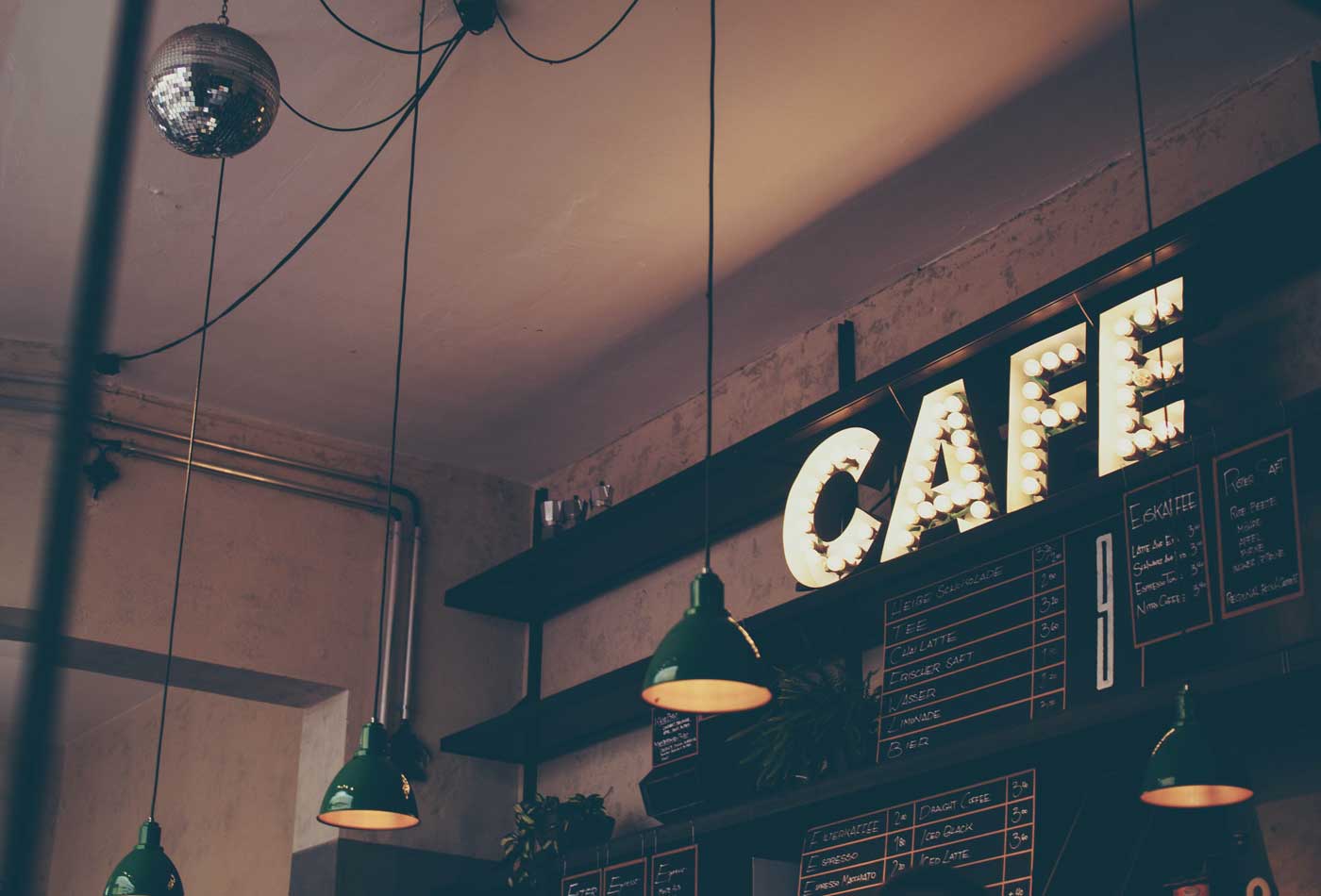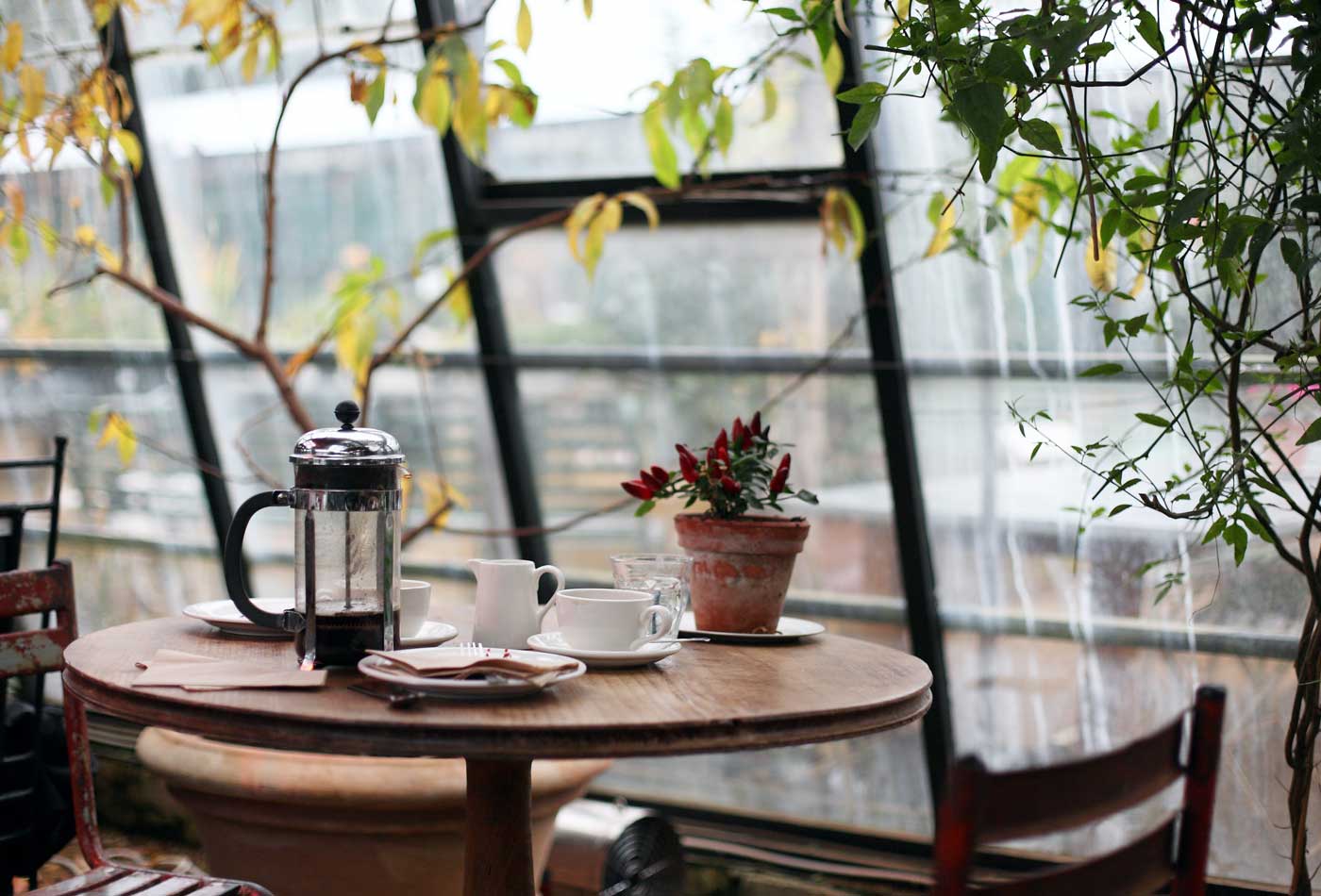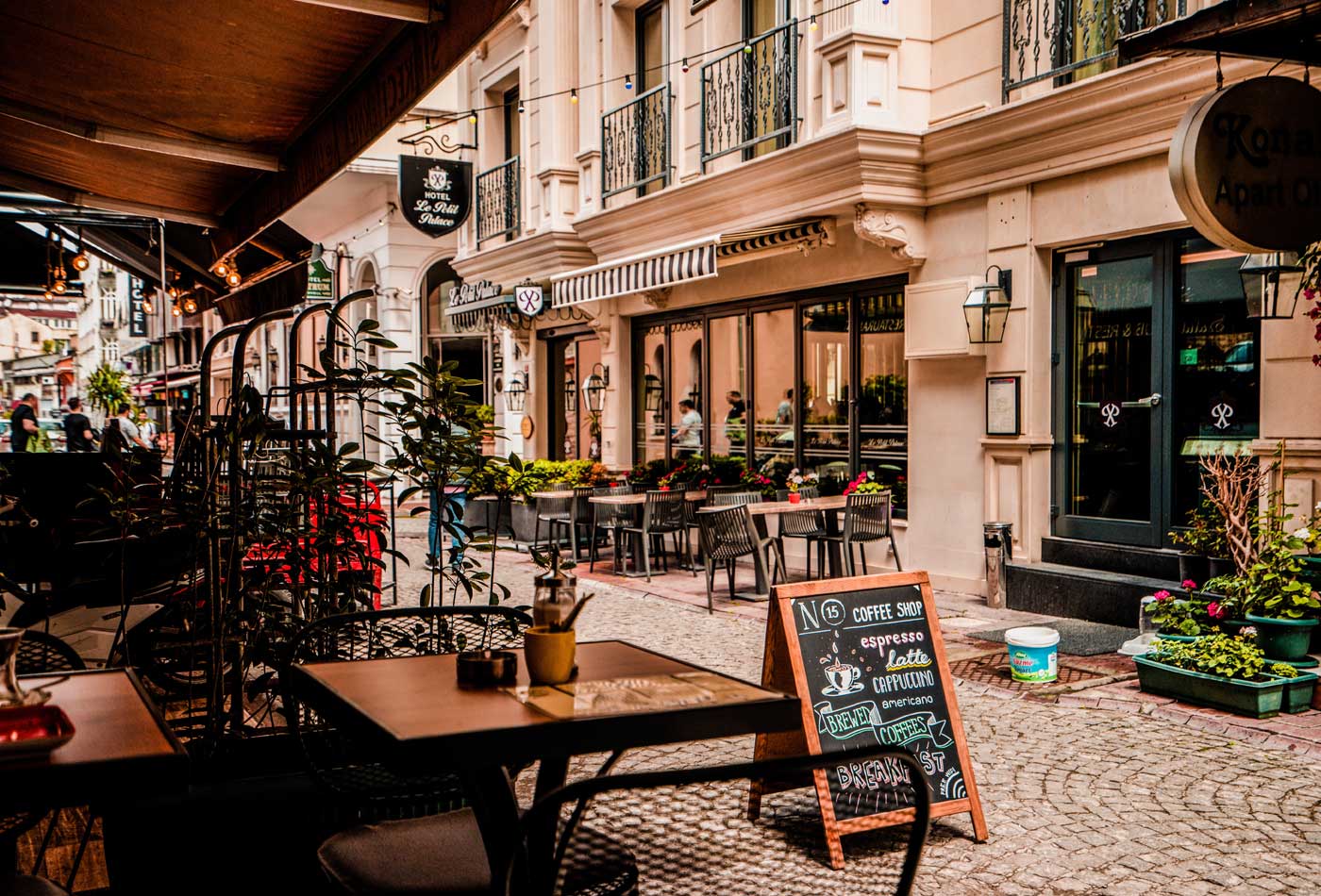Having spent years in the shadow of the well-established continental scene, the UK café sector is now enjoying its time in the sun. Cafés and coffee shops are just as common a feature on British high streets as they are in the plazas, piazzas and boulevards of Spain, Italy and France.
After a period of decline during the COVID pandemic, the UK coffee and café sector is back with a bang. Statistics show the market is expected to grow by 4.5% in 2023. So, if you’re considering opening a café, now is the time. In this article, we explore everything you need to know about starting a coffee shop and launching your own business.
The UK café scene – tapping into changing consumer behaviour
There is no better indication of the growing popularity of cafés and coffee shops in the UK than the amount of coffee we drink. In 2021, research showed that UK consumers drank approximately 98 million cups of coffee a day. This is a substantial increase from the 95 million consumed in 2018 and the 70 million cups finished daily in 2018. A recent survey also revealed that only 2.7% of consumers report never drinking coffee at cafés.
However, consumption is not the only way of measuring coffee’s popularity. Over the last five to ten years, the modern café has established itself as the place to meet friends, socialise and enjoy an invigorating coffee, a slice of cake or a quick bite. In this sense, café culture has evolved into something much closer to traditional continental culture, where cafés are often the beating heart of a neighbourhood or community.
This has also been aided by the growth of the artisanal coffee sector and the emergence of a strong pop-up café scene. The former has rekindled an interest in different brewing methods and innovative and exotic blends while transforming coffee into a premium product that consumers are willing to pay well for. Similarly, the pop-up café scene has lowered the barrier to entry, allowing would-be café owners to get started without needing a huge initial investment.

Benefits and profitability
Before setting up a coffee shop, you must understand what is involved and what you can expect. In terms of the financial benefits, it pays to be realistic. Very few café owners are exceedingly wealthy but many make good money and live comfortably. If you’re only in it for the money, you may want to think again. However, if you’re excited by the many other benefits associated with opening a coffee shop, it could be the perfect fit.
For instance, coffee shop owners benefit from:
- Being your own boss. Some people desire greater control over their working lives and want to run a business in a way that represents their personal values and preferences. While that means more responsibility, it also guarantees more freedom.
- A social, community-oriented career. Cafés are naturally social spaces. As a coffee shop owner, you’ll meet a lot of people, get to know your regulars and be an important part of the local community.
- Managing a business that allows you to pursue your interests. Love coffee culture? Centre your café on the finest blends you can find. A keen baker? All good cafés serve up some delicious cakes to go with their drinks. Interested in community action and activities? You could run your café as a workspace, a place for local community groups to meet or organise your own events.
Setting up a café business – rules and regulations
When it comes to setting up a coffee shop, there are several rules and regulations you will have to consider.
If you’re searching for a business property, make sure you check its current commercial classification. Usually, coffee shops fall under the A3 licence category, though this can vary between local authorities. You can check what licence you require on the GOV.UK website. If you’re leasing and converting an existing café, it will most likely have the correct classification. However, it’s always a good idea to double-check.
You will also need commercial insurance that covers the property, staff and patrons, as well as all the correct health and safety paperwork. If you need assistance with insurance, take a look at our commercial insurance services or give us a call and speak to an advisor.
Finally, when opening a café, all businesses must register with Companies House. While most owners opt to register their business as a limited company, you may want to explore alternative structures to ensure you make the optimal choice.

Business cost guidelines
Business costs are one area that many first-time café owners underestimate. Later in this article, we’ll examine how you put together a comprehensive business plan that incorporates all these costs. For now, let’s focus exclusively on the outgoings you can expect to encounter:
Property
Most cafés operate out of a permanent location that the owner leases or buys. This is often one of the biggest obstacles to opening a café as finding the right property can be challenging. Your business premises will also constitute one of your largest expenditures.
Furnishings
As well as paying for the property, you need to furnish and decorate the space. The café environment is just as important as the coffee you serve, so it should never be rushed, bodged or relegated to an afterthought. That said, you need to strike a balance. You may not be able to decorate your café exactly as you imagined straight away. But with time you can add and improve, bringing it closer to your original vision.
Equipment
The equipment you require depends on what you serve and how you serve it. For instance, if you want to serve hot meals, you need additional kitchen equipment. If the quality of your coffee is all-important, you won’t want to skimp on a top-of-the-range espresso machine. Generally, the more products you offer, the more equipment you need. So think carefully about what is realistic and affordable during the early stages of your venture.
Bills
All businesses have bills to pay – and cafés are no exception. As a coffee shop owner, water and energy bills will constitute most of this expenditure. Shop around between business gas and electricity suppliers to see if you can find a good deal. Some providers offer better value packages to small businesses.
Staff
While you’ll be doing an awful lot of the work, you can’t do everything. For a new business, finding the money to pay staff can be difficult. However, they are absolutely necessary and a good team member is worth their weight in gold.
Raw ingredients/materials
You can’t start a coffee shop without coffee. Building relationships with suppliers is an essential part of building a new business. Fortunately, most suppliers are willing to offer taste tests and provide detailed information on their products. You may also want to look at each supplier’s reputation within the industry and check whether they’re certified by any industry accreditation organisations such as FairTrade.
The other ingredients you require will depend on what products your café offers. If you serve food and cakes, you’ll also need to look at other suppliers. Don’t forget basic supplies, either. Your customers will need cups, spoons, sugar and milk to go with their coffee.
Insurance
Finally, you must consider insurance. If you are setting up a coffee shop and want more information on the insurance you might require, get in touch with our in-house experts at Park Insurance. They’ll talk you through your options.

What equipment and tools are needed
As we’ve already discussed, the precise list of equipment required to start a coffee shop will depend on the type of café you’re running. However, here we have created a basic equipment list that most new owners will find helpful:
- Espresso coffee machine.
- Alternative brewing items, such as pour-over, French press and Aeropress devices.
- Commercial coffee grinder.
- Kitchen cooking appliances, such as ovens, microwaves and sandwich grills.
- Food storage appliances, such as fridges, freezers and storage solutions.
- Crockery, such as cups, saucers and spoons.
- Payment devices – a till, card reader and a digital device are often required.
- Security equipment, such as cameras, alarms and fire/water detectors.
Finding the perfect location for your business
Choosing the right property is arguably the biggest decision you’ll make when setting up your café business. There are two main factors at play: size and location. Both will impact the type and number of customers you attract. If you opt for a central, urban location with heavy passing footfall, you’ll most likely pay a premium and have to work with a smaller space. Choose a more suburban or rural location and you’ll benefit from cheaper property costs and more space but fewer passing customers.
A lot of this depends on the customers you’re trying to attract and the style of coffee shop you want to run. Aiming for the fast-paced, in-and-out business crowd? Go for a smaller property close to offices. Prefer a more relaxed vibe and plenty of space? You may have to consider locations outside of a city or town centre.
In both instances, you need to know how many covers your property can handle and how many customers you can expect to attract each day. Look at existing coffee shops in similar areas for a rough guide to what other cafés are achieving and what is realistic for your own business.

Building a business plan
Business plans are essential for all new coffee shops. They help you plan strategy, ensure your business is financially viable and calculate what you need to get started. A good business plan consists of a few key components:
Industry research
How does your café fit into the existing market? What is its USP? How will you distinguish yourself from the competition? What products will you offer?
Competitor analysis
As a business owner, you need to understand what the competition does well and where you think you can improve on other cafés. You should research other coffee shops in your local area and study their customer composition and overall performance. This information can help you determine how your own café will find a gap in the market. It’s an essential step for anyone opening a café for the first time.
Sales
This section is where you detail what products you will offer, how you will price them and how much you expect to sell. It also encompasses promotional offers and deals you use to entice customers.
Financials
The financial forecasts section is fundamental to your business plan. It includes all your financial projections and calculations and shows how you expect to make a profit by balancing income and expenses. It should also feature long-term projections that detail how you will grow the business over several years.
Obtaining clients
As a coffee shop owner, you need to attract new customers into the café and encourage previous customers to return. There are several ways to do this. Branding plays a significant role and will be integral to getting your name out there. Similarly, promotions can entice customers. However, the most important factors are having high-quality products, great service and a pleasant environment. Give customers what they want and they will return.
What next?
If you’re considering opening a café, we hope this guide has helped you better understand the process. With more than 30 years of experience working alongside cafés and coffee shops, we understand the ins and outs of the industry better than most. We also understand that it takes drive and determination to succeed.
Park Insurance helps café owners by protecting their businesses and securing their investments. Business owners cannot afford to leave their company in the hands of chance, so we join you on your journey, affording you security and confidence every step of the way.
To learn more about our café insurance services, get in touch and speak to one of our experienced advisors today. We’d love to hear from you.
